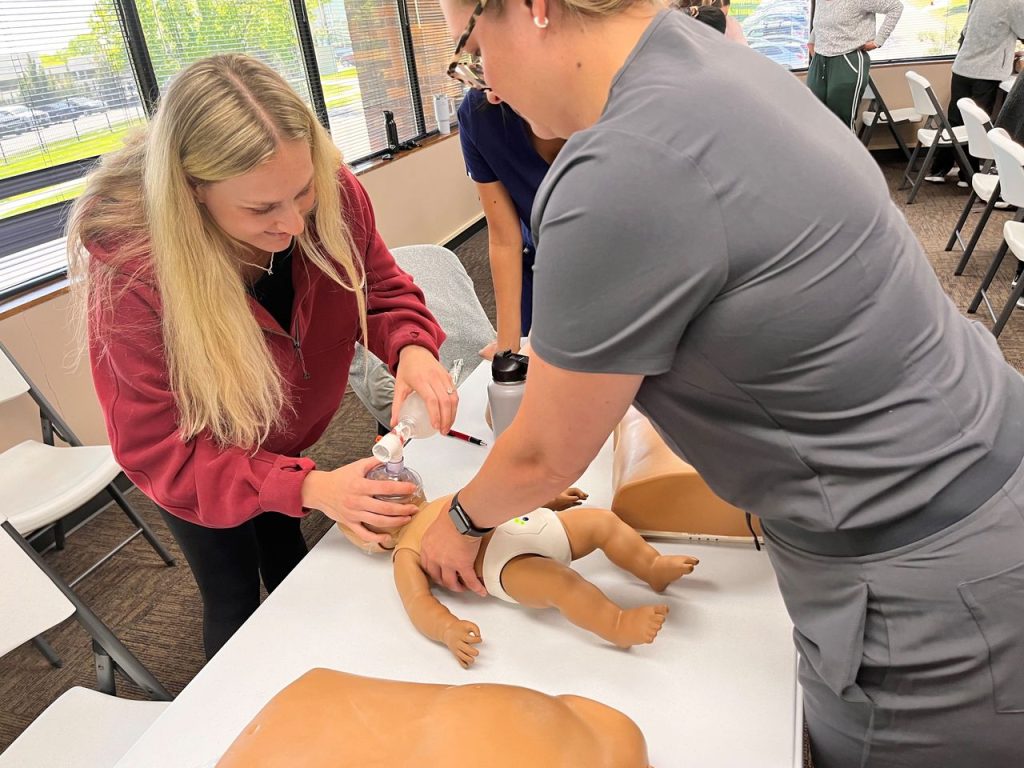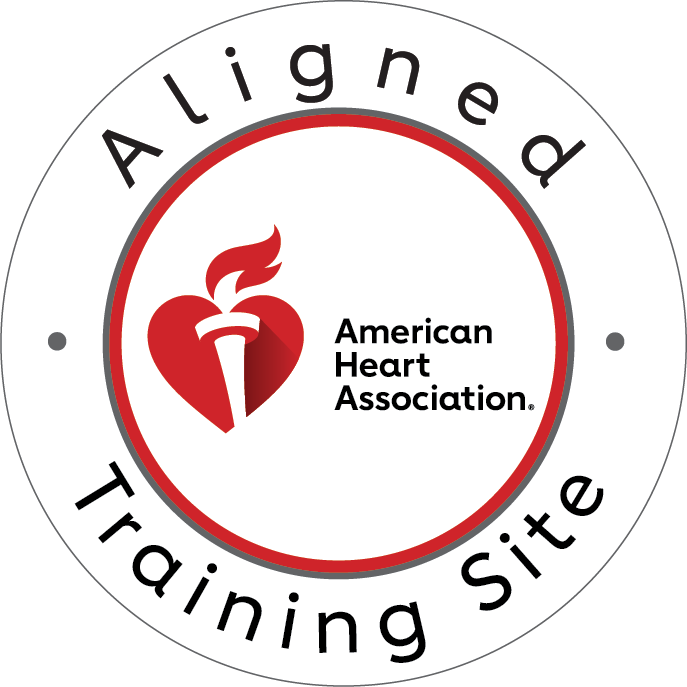Key Differences Between CPR and First Aid Certifications
In the realm of emergency response and medical care, two certifications stand out as essential for both healthcare professionals and the general public: CPR (Cardiopulmonary Resuscitation) and First Aid. While often mentioned together, these certifications cover distinct sets of skills and knowledge, each playing a crucial role in emergency situations.
CPR focuses on maintaining blood flow to vital organs when a person’s heart has stopped beating, while First Aid encompasses a broader range of emergency care techniques for various injuries and sudden illnesses. Understanding the differences between these certifications is crucial for individuals seeking to enhance their ability to respond effectively in emergencies.
CPR Certification
CPR, or Cardiopulmonary Resuscitation, is a life-saving technique used when someone’s breathing or heartbeat has stopped. CPR certification courses teach participants how to recognize cardiac arrest and provide chest compressions and rescue breaths to maintain blood flow to the brain and other vital organs until professional help arrives.
Key components of CPR training typically include:
- Recognition of cardiac arrest
- Proper hand placement and technique for chest compressions
- Rescue breathing methods
- Use of an Automated External Defibrillator (AED)
There are different types of CPR certifications available, depending on the individual’s needs and profession. Two common types are:
- Basic Life Support (BLS) for Healthcare Providers: This certification is designed for medical professionals and includes more advanced techniques and knowledge of healthcare settings.
- Adult and Pediatric CPR/AED: This certification is suitable for the general public and covers CPR techniques for both adults and children, as well as AED use.
CPR Nashville, an American Heart Association training site, offers these certifications along with other courses. Their stress-free, hands-on approach ensures that participants gain practical experience in a supportive environment.
First Aid Certification
First Aid certification covers a broader range of emergency care techniques compared to CPR. It equips individuals with the skills to provide initial care for a wide variety of injuries and sudden illnesses until professional medical help becomes available.
Key components of First Aid training typically include:
- Assessing emergency situations and ensuring scene safety
- Treating wounds and controlling bleeding
- Managing burns, fractures, and sprains
- Responding to choking incidents
- Recognizing and assisting with common medical emergencies (e.g., heart attacks, strokes, allergic reactions)
- Basic wound care and bandaging techniques
First Aid certifications are designed to prepare individuals to handle a variety of non-life-threatening emergencies. These certifications are valuable for both personal and professional settings, ranging from workplace safety to community preparedness.
Key Differences Between CPR and First Aid Certifications
While both CPR and First Aid certifications are crucial for emergency preparedness, they differ in several important aspects:
Focus and primary skills taught:
- CPR certification focuses specifically on maintaining blood circulation and breathing in cases of cardiac arrest.
- First Aid certification covers a wider range of injuries and illnesses, with an emphasis on initial care and stabilization.
Duration of training:
- CPR courses are often shorter, typically lasting a few hours.
- First Aid courses tend to be longer, sometimes spanning a full day or multiple sessions, due to the broader range of topics covered.
Certification requirements:
- CPR certification usually involves demonstrating proficiency in chest compressions, rescue breaths, and AED use.
- First Aid certification may require demonstrating various techniques such as bandaging, splinting, and assessing different emergency scenarios.
Renewal periods:
- CPR certifications typically need to be renewed every 2 years.
- First Aid certifications often have a longer validity period, sometimes up to 3 years, depending on the certifying organization.
CPR Nashville offers both CPR and First Aid courses, allowing individuals to obtain or renew their certifications in a comfortable, hands-on learning environment. As an American Heart Association training site, they provide high-quality instruction for both healthcare professionals and the general public.
Combining CPR and First Aid Certifications
Many individuals choose to obtain both CPR and First Aid certifications, as this combination provides a comprehensive skill set for responding to various emergency situations. There are several benefits to holding both certifications:
Benefits of holding both certifications:
- Broader range of emergency response capabilities
- Increased confidence in handling diverse emergency situations
- Enhanced value to employers, particularly in healthcare and education sectors
- Better preparedness for personal and community emergencies
Combined certification courses:
- Many organizations, including CPR Nashville, offer combined CPR and First Aid courses
- These courses efficiently cover both skill sets, often in a single day or over a weekend
- Combined courses can be more time and cost-effective for participants
Choosing the Right Certification for Your Needs
When deciding which certification to pursue, consider the following factors:
Factors to consider:
- Personal goals and interests
- Job requirements or career aspirations
- Time availability for training
- Frequency of potential exposure to emergency situations
Professional requirements:
- Healthcare professionals typically need BLS for Healthcare Providers certification
- Childcare providers, teachers, and coaches often require both CPR and First Aid certifications
- Some workplaces may require employees to have basic First Aid certification
CPR Nashville: Your Go-To AHA Training Site
For those in the Nashville area seeking high-quality CPR and First Aid training, CPR Nashville stands out as an excellent option. As an American Heart Association training site, they offer a range of certifications to meet various needs:
Available certifications:
- BLS for Healthcare Providers
- ACLS (Advanced Cardiovascular Life Support)
- PALS (Pediatric Advanced Life Support)
- CPR and First Aid courses for the general public
Features of CPR Nashville training:
- Stress-free environment: Classes are designed to be comfortable and non-intimidating
- Hands-on approach: Participants get plenty of practice with equipment and techniques
Initial certifications and renewal options:
- Courses available for both first-time certification and renewal
- Flexible scheduling to accommodate various needs
CPR Nashville’s commitment to providing the “Best CPR in Nashville” is evident in its comprehensive course offerings and student-centered approach to training.
Conclusion
Understanding the differences between CPR and First Aid certifications is crucial for selecting the right training to prepare you for emergency situations. While both certifications are vital for effective emergency response, CPR focuses on life-saving techniques for cardiac and respiratory emergencies, whereas First Aid covers a broader range of injuries and medical situations. Equipping yourself with both skills ensures you’re ready to handle various emergencies confidently and competently.
Ready to enhance your emergency preparedness? Enroll in CPR and First Aid certifications with CPR Nashville today! As an American Heart Association training site, CPR Nashville offers initial certifications and renewals in BLS for Healthcare Providers, ACLS, PALS, and comprehensive CPR and First Aid courses. All classes are designed to be stress-free and hands-on, ensuring you gain practical skills effectively. Don’t wait—secure your spot in our CPR certification in Nashville and become a confident responder in critical situations. Contact us now to get started!





